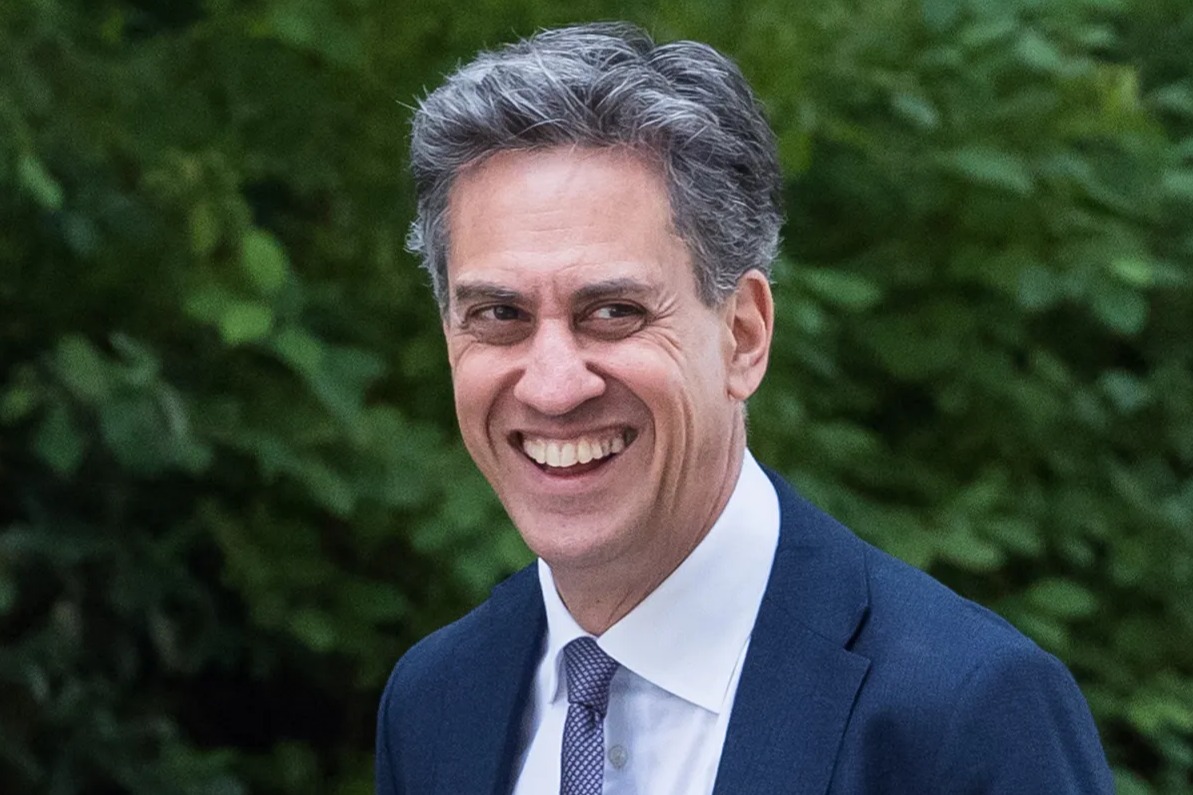
In a recent YouGov poll, the British public's trust in Ed Miliband's guidance on energy bills has come under scrutiny, revealing a nuanced landscape of public opinion. The findings shed light on broader concerns around energy policy, sustainability, and the delicate balance between ecological imperatives and economic realities.
The wider context: Social Trust and Environmental Responsibility
The survey's results, indicating that a significant 62 per cent of respondents lack confidence in the Energy Secretary's advice, raise important questions about public trust in political figures and their ability to navigate complex energy transitions. This lack of trust extends beyond party lines, with even Labour supporters showing scepticism towards Miliband's energy expertise.
Amid growing concerns about rising energy costs and the urgent need to combat climate change, the public's divergent views on prioritising carbon emissions over affordability underscore the challenges facing policymakers in balancing environmental goals with household financial burdens.
Analysis: The Interplay of Energy Policy and Public Perception
Mike Foster's emphasis on the impact of energy prices on everyday lives highlights the pressing need for policies that address both environmental sustainability and affordability. The tension between achieving net zero emissions and ensuring financial security for families reflects a broader debate on the socio-economic implications of climate action.
Richard Tice's critique of Miliband's approach, advocating for a reevaluation of net zero commitments in favour of traditional energy sources, underscores contrasting visions for the future of the energy sector. This divergence in perspectives exposes deeper ideological divides on how best to navigate the transition to a low-carbon economy.
Challenges and Opportunities in Energy Transition
The Department for Net Zero's assertion that renewable energy offers a path to energy security and independence resonates with global efforts to decarbonise economies and reduce reliance on volatile fossil fuel markets. However, translating this vision into tangible benefits for households remains a complex task that requires careful consideration of diverse stakeholder interests.
As the public grapples with competing priorities of affordability and sustainability, the discourse around energy policy must evolve to address the multifaceted challenges of the transition towards a greener future. Bridging the gap between public expectations, industry innovation, and policy objectives will be crucial in shaping a sustainable and equitable energy landscape for all.
In conclusion, the complexities of energy policy and public perception underscore the need for nuanced approaches that consider the interplay of economic, environmental, and social factors. As the debate around net zero intensifies, engaging with diverse perspectives and fostering dialogue will be essential in shaping a coherent and inclusive energy strategy that meets the needs of both current and future generations.






